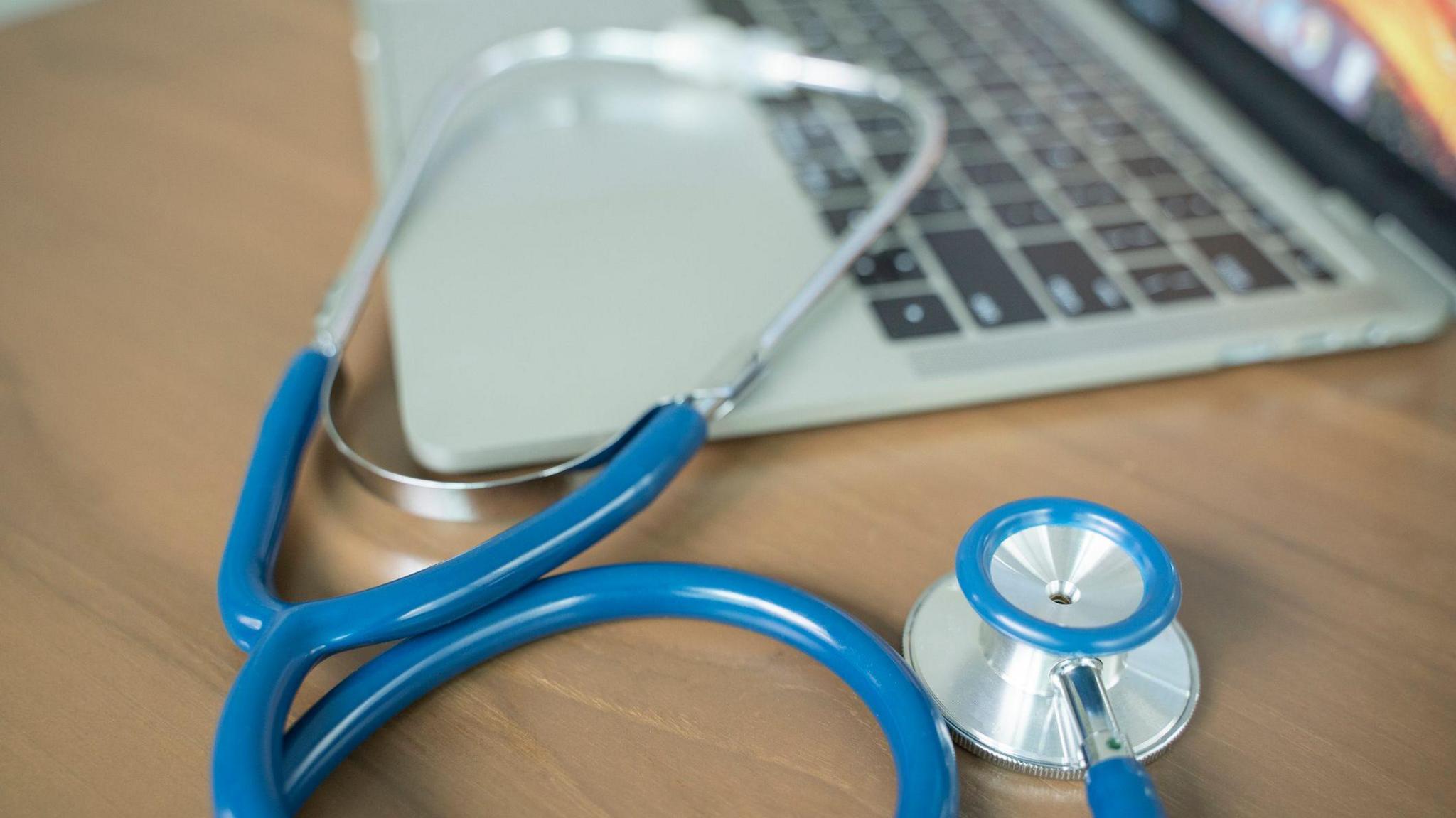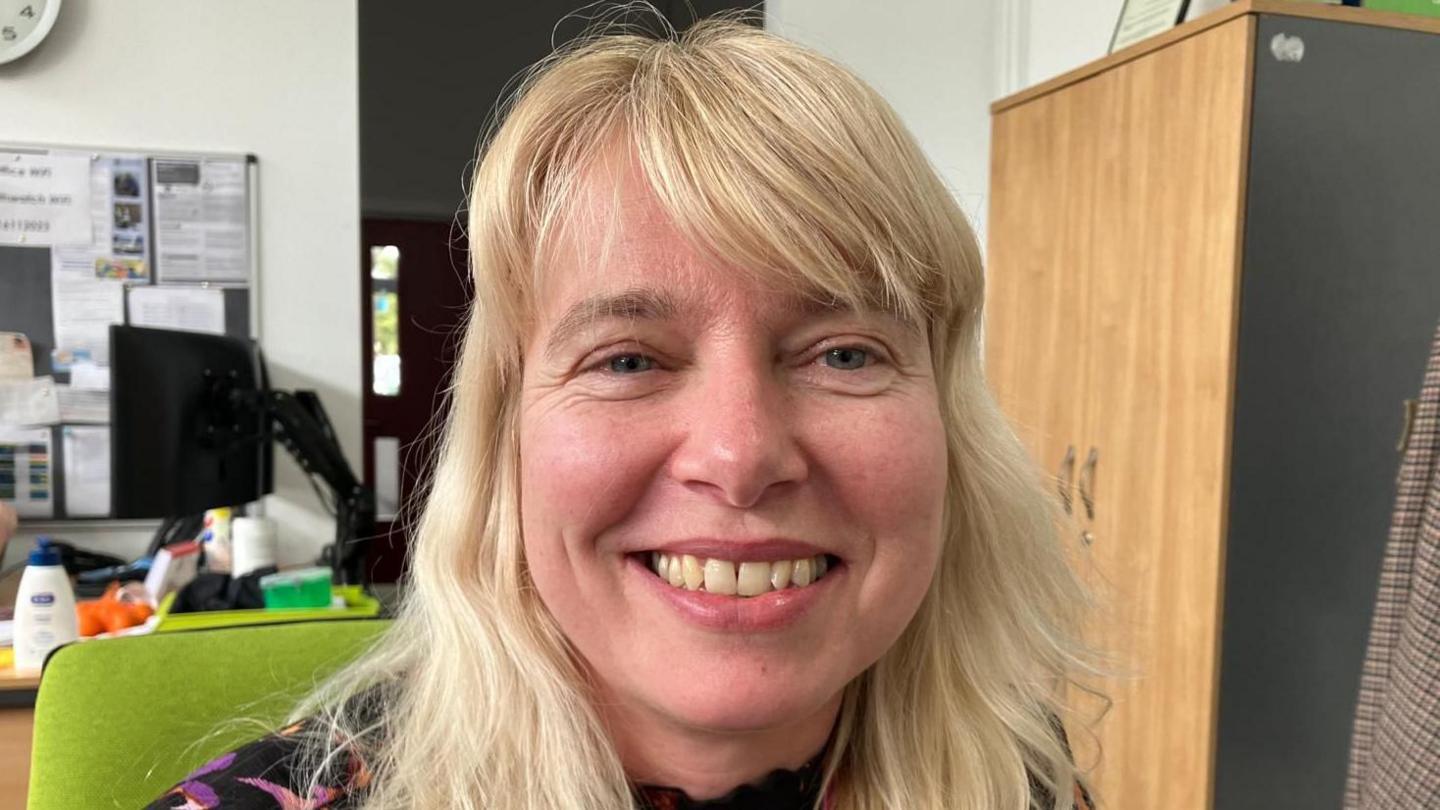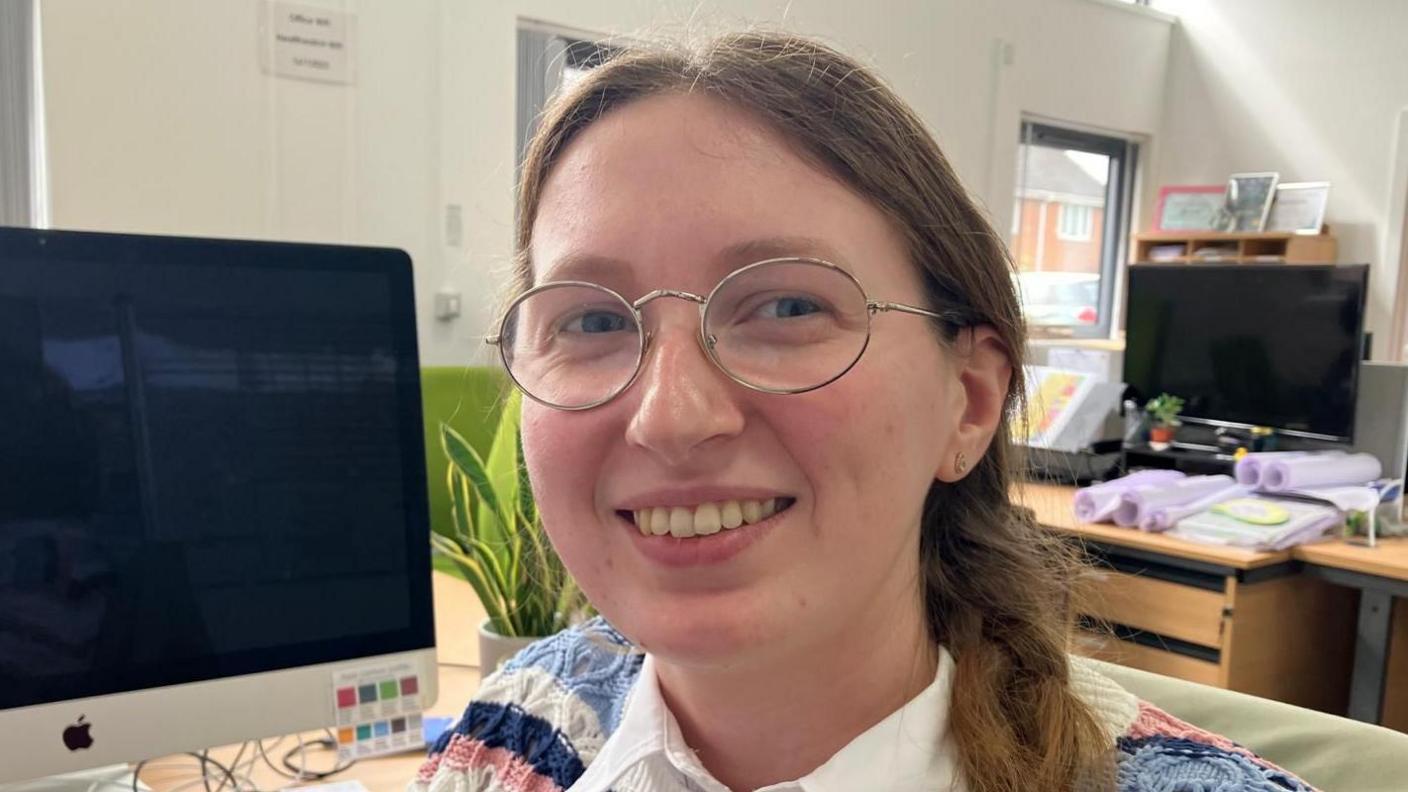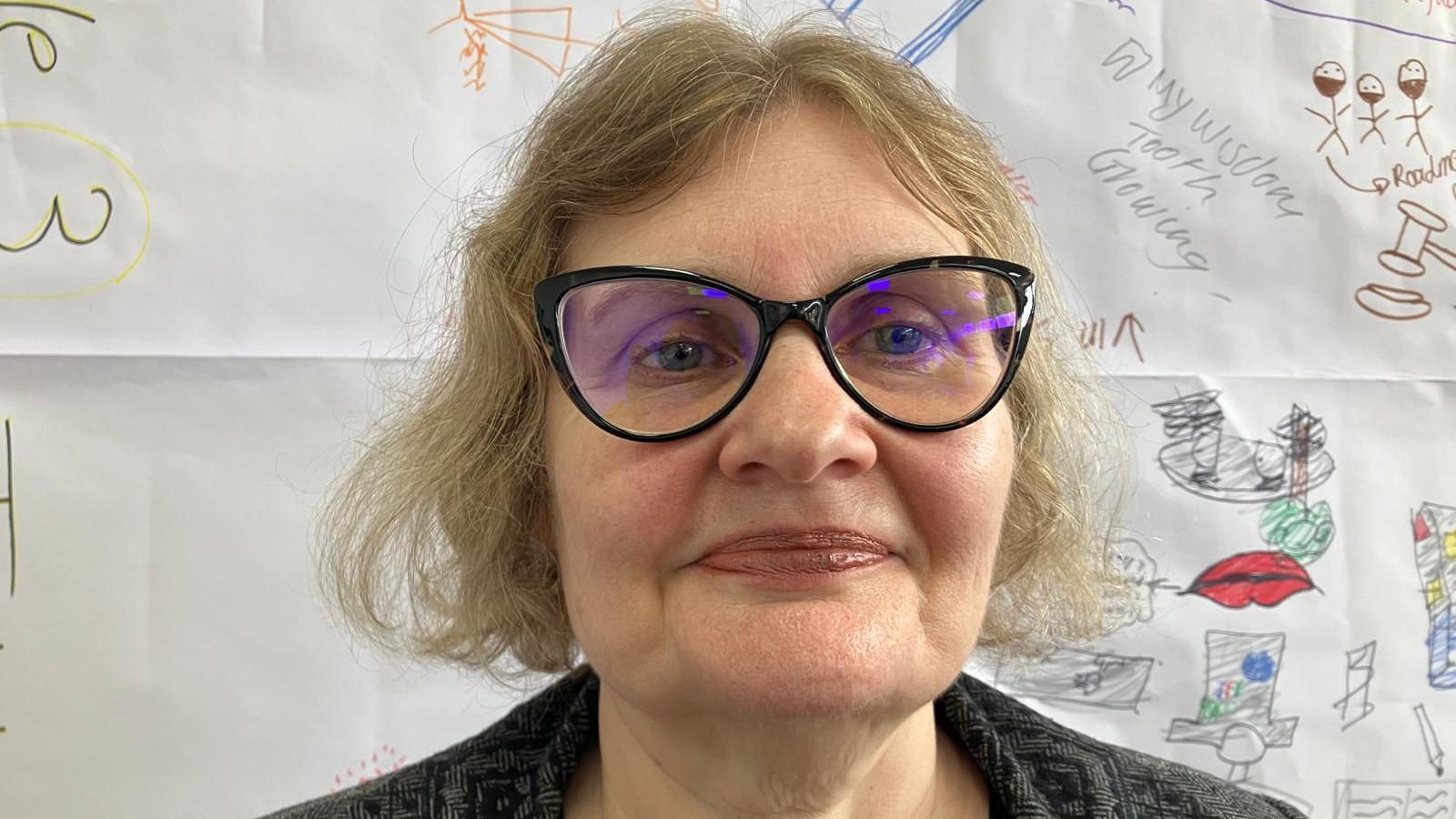Digital shift creating health barriers - survey

Healthwatch Leeds said online booking was not right for everyone
- Published
People have been left unable to access care when they need it because of digital barriers, according to Healthwatch Leeds.
The local health and care watchdog asked people across the city about their experience of booking appointments.
The survey results suggested booking over the phone or online can feel difficult for elderly people, those with sight or hearing issues, or people who are not regular internet users.
The chief executive, Hannah Davies, said: "People are just giving up, because the barriers are impenetrable".
During the coronavirus pandemic there was a "seismic shift" towards digital, said Ms Davies.
She said the survey was done to "just pause and just check" to see what the impact of that change was.
"For some people it's working really well and means their access is improving, but for some people it's not and we really need to understand the impact that is having on people."

Hannah Davies said people "giving up" because of digital barriers
Gemma O'Connell, 27, has had to support her parents, who are deaf, when booking their medical appointments.
Their first language is British Sign Language (BSL) and because of that they can struggle to read.
"Quite often the order of words would be different when you speak in BSL," Ms O'Connell said.
"My dad struggles with English, he has had issues with being able to take in information that's been sent from his GP practice.
"They've become very dependent on me, they've lost their own independence to be able to book appointments themselves."

Gemma O'Connell said her parents, who are deaf, have become very dependent on her to book their appointments
Angie Pullen, 62, was among those who raised concerns with Healthwatch Leeds.
She believed vulnerable people were being put at risk because of digital barriers.
Her parents are elderly with varying health problems and "feel they are no longer able to access their GP".
Ms Pullen said: "Text messages have been sent to a landline phone, we get things where you've got to press one to accept an appointment but they can't do that."
She said her parents do not have a mobile phone and are unable to respond to the text.
"I think their health has, on occasion ,suffered because we've not been able to navigate and get them seen quickly enough.

Angie Pullen is concerned for the health of her elderly parents who are unable to use online services
One senior doctor said, while many people find the online systems useful, he would be "concerned" if a patient felt they were not able to access their GP surgery.
Richard Vautrey, 59, is the Clinical Director of Central North Leeds Primary Care Network and also has his own surgery.
Dr Vautrey said: "Many patients have found benefit in using in these digital systems to support the triage process, to try and provide a quicker answer to the problems that a patient might present with."
However, he said he was aware this did "not suit everyone".
He added: "Within my own practice we enable patients to access through our online services, over the telephone or even face-to-face when patients walk into the surgery."
Ms Davies was clear that the results of the Healthwatch survey meant the switch to digital was creating problems for some patients.
"The barriers it's creating mean people are not accessing care when they need it," she said.
A spokesperson for the West Yorkshire Integrated Care Board said improving access to healthcare was "a key priority" and said it was working with practices to "develop access models that meet the needs of their patients".